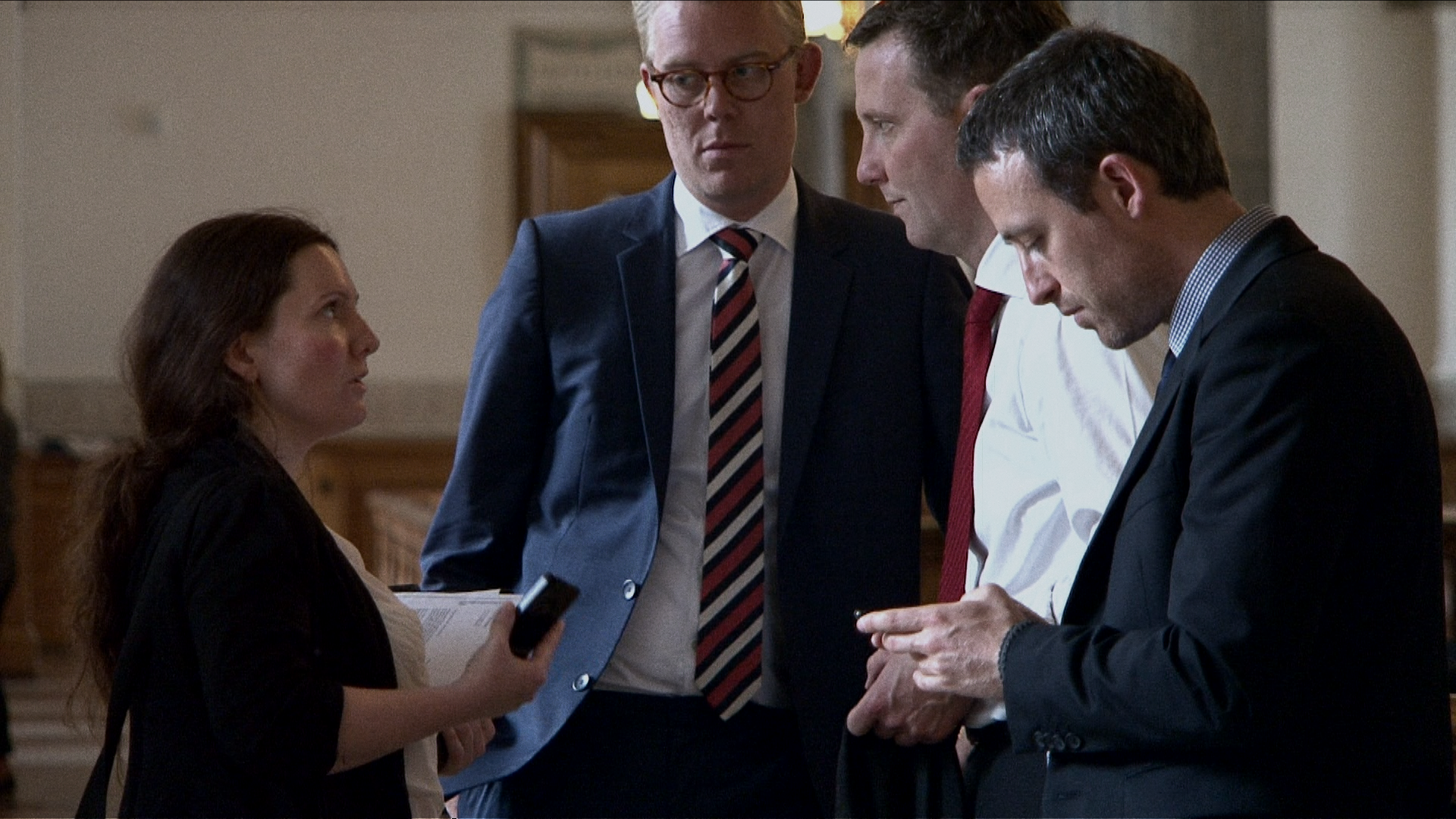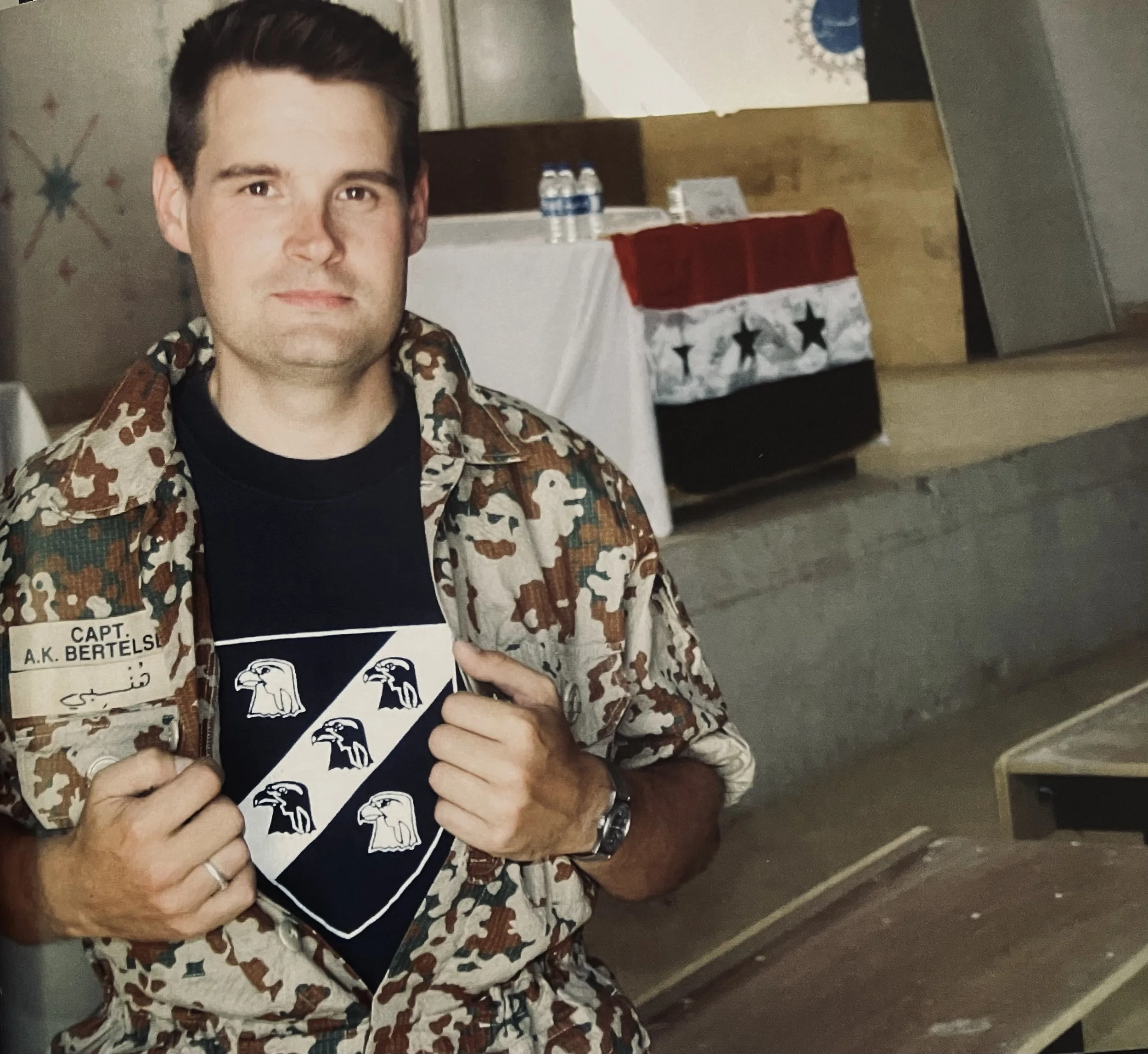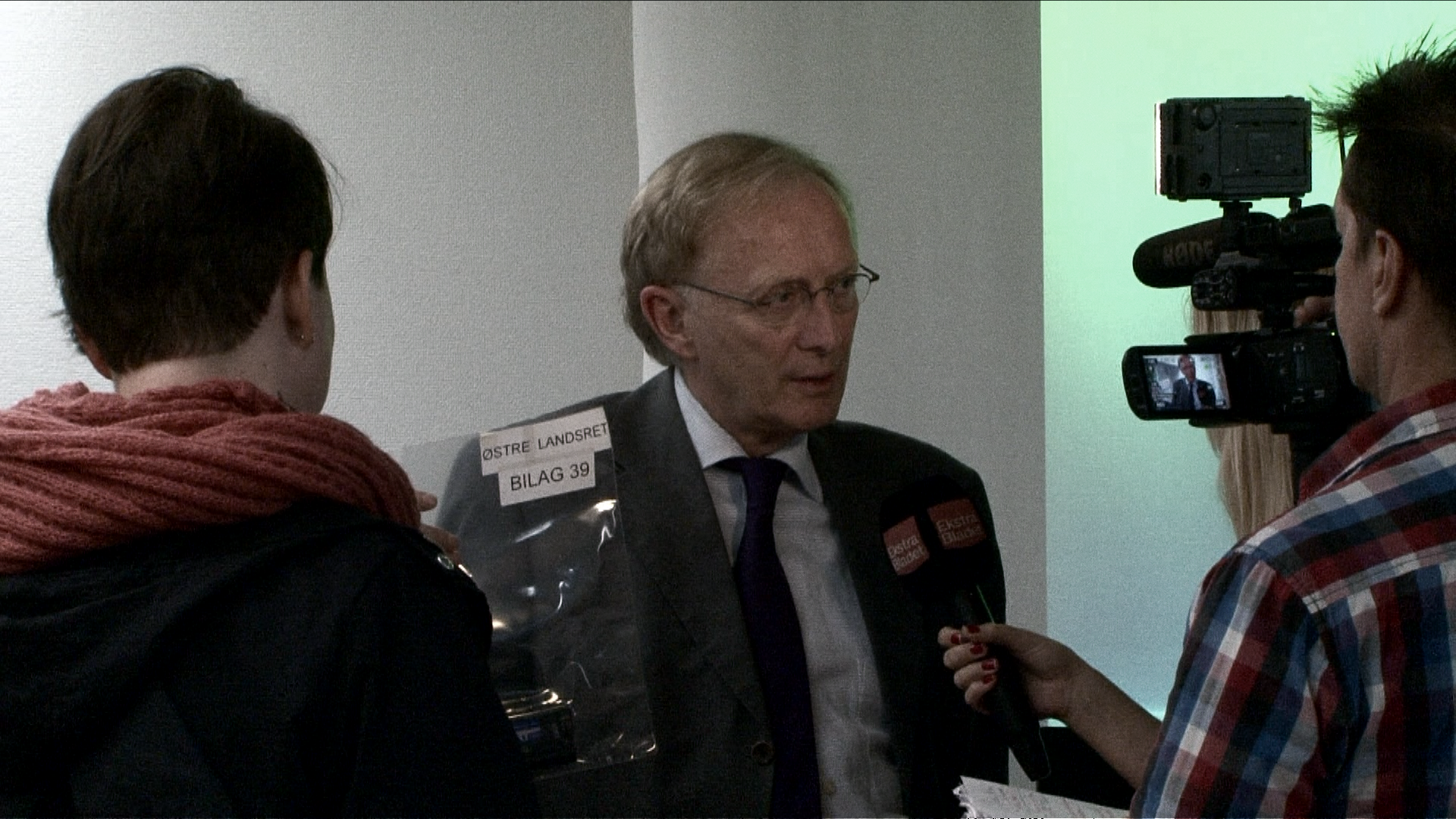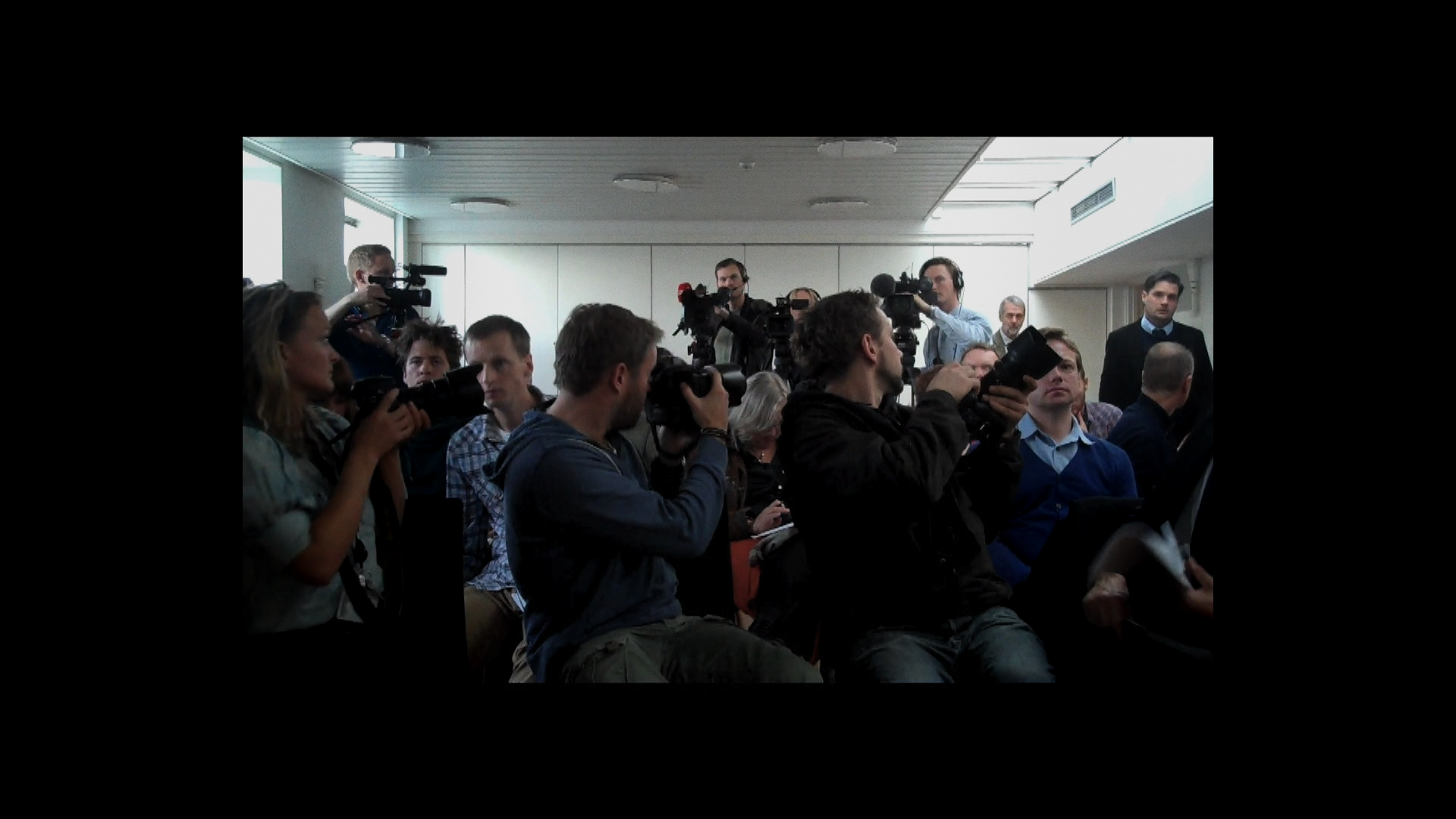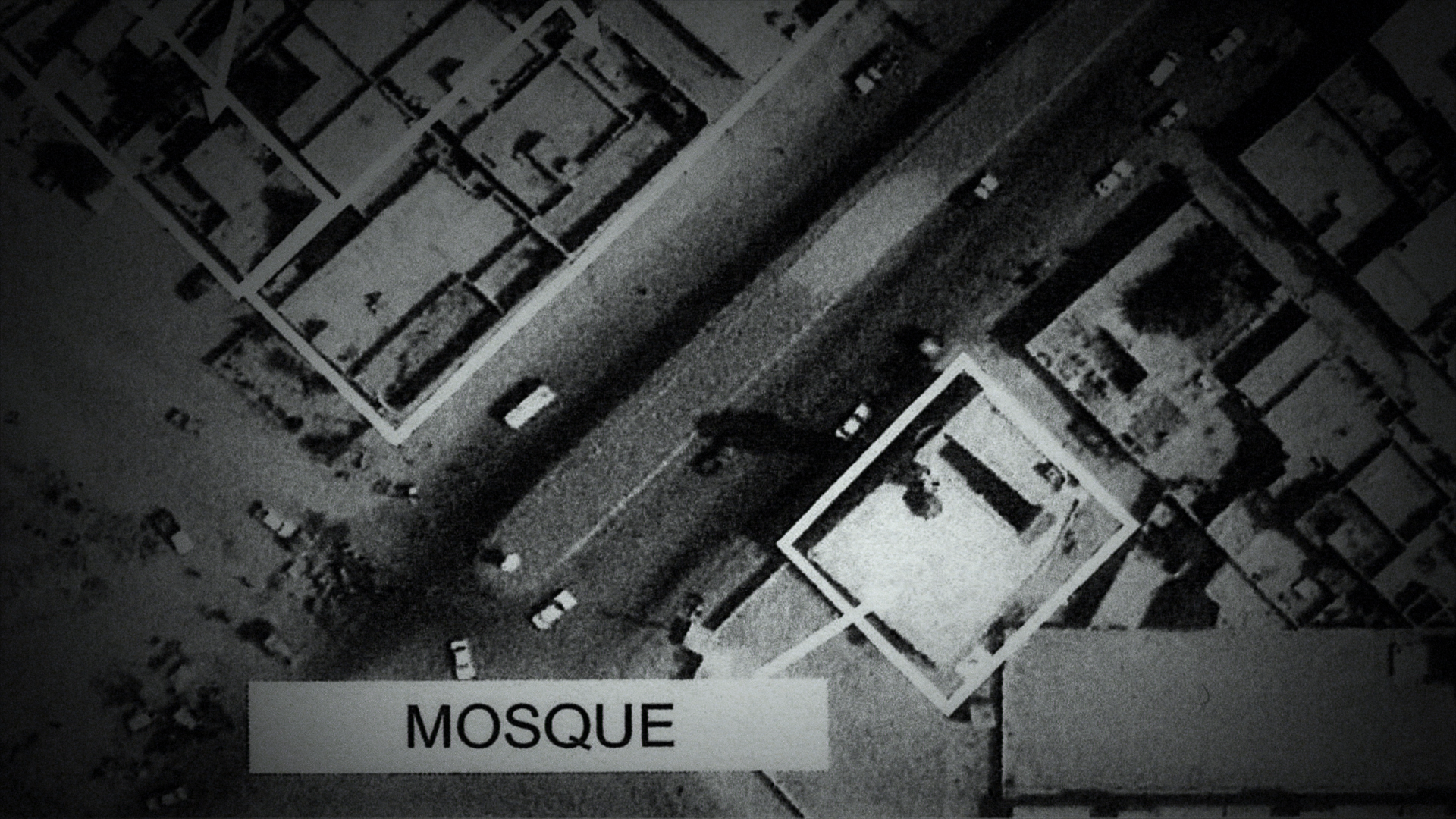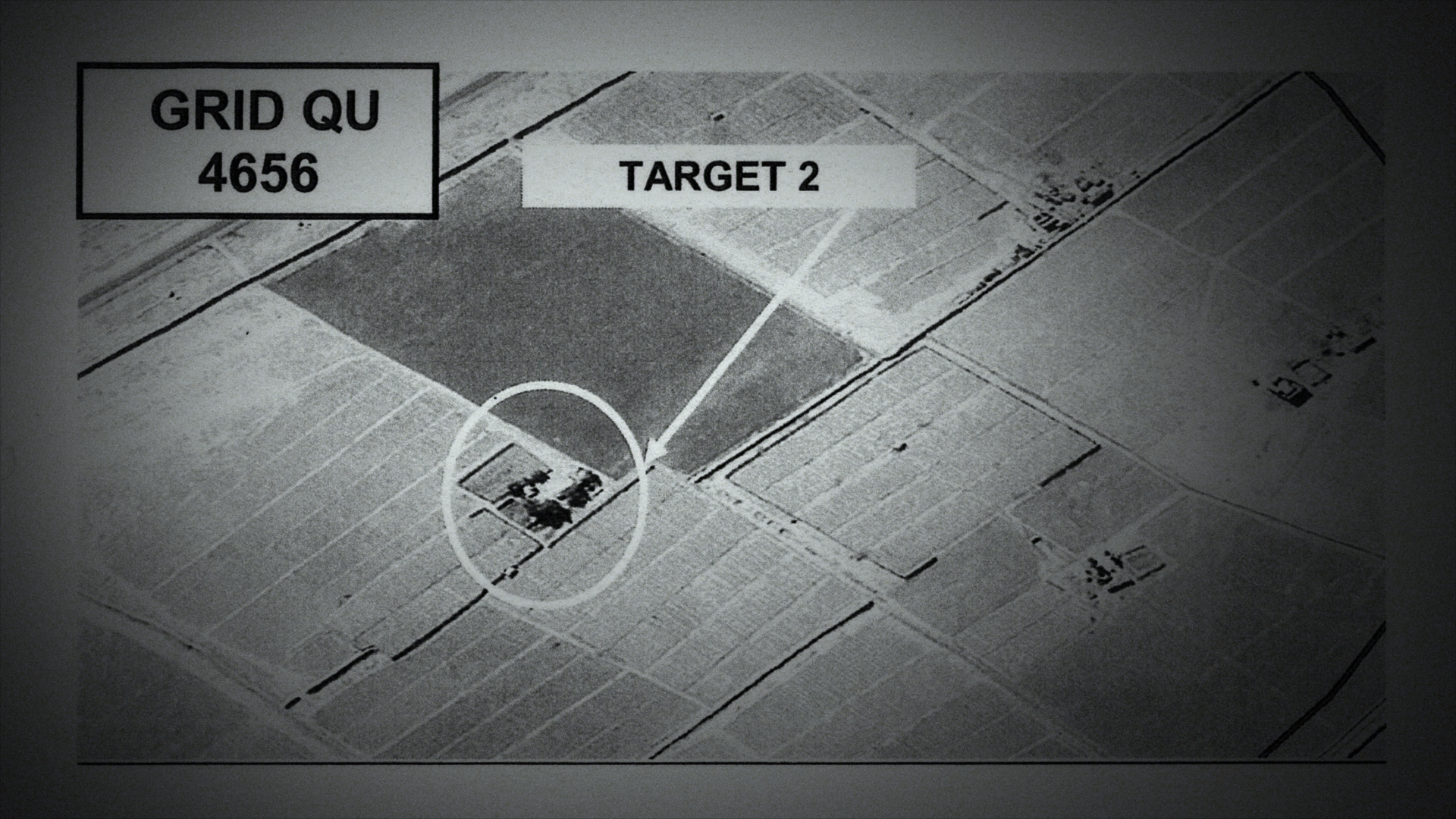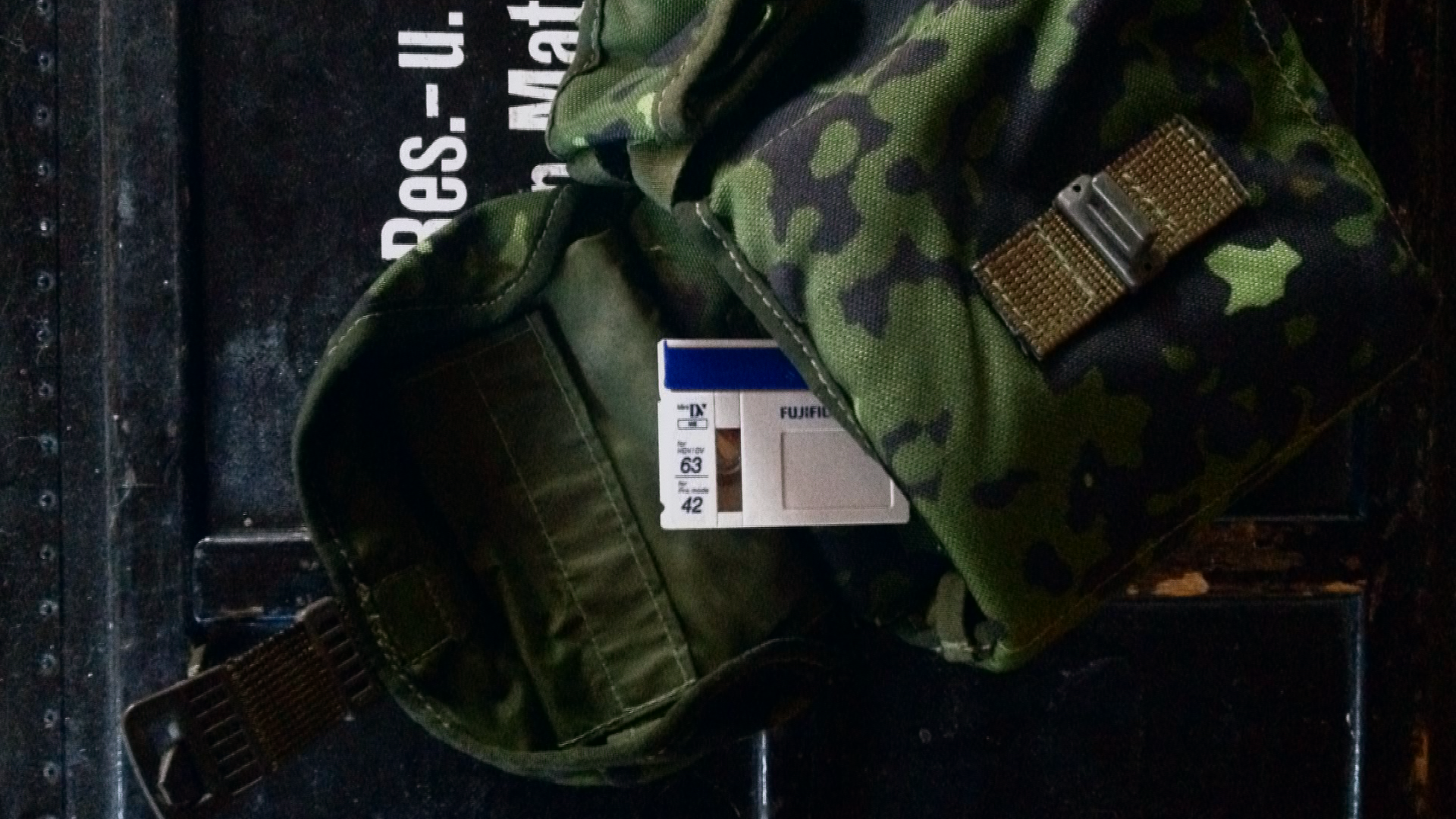FROM INTELLIGENCE OFFICER TO WHISTLEBLOWER
Captain Anders Kærgaard served his country in the 4. battalion of the Guard Hussar Regiment (INTOPS, International Operations) and worked as an intelligence officer in Iraq between 2004 and 2005. As an employee in the field of psychological warfare, he was responsible, among other things, for assessing the threat situation during the Iraqi election in January 2005. Before the launch of Operation Green Desert on 25. November 2004, he warned the battalion commander John Dalby that only civilians were competing in the town of Az-Zubair, eight kilometres south of Basra, and not, as claimed, high leaders of al-Qaeda and Iraqi insurgents.
Operation Green Desert was carried out by Danish and British soldiers in collaboration with Iraqi military police. During the operation, a number of civilians were captured and deported by the Iraqi military police to Al-Jamiat prison in Basra, where they were tortured. The deportation was witnessed by Danish soldiers who were idly silent. The operation was recorded on military cameras but Danish Armed Forces denied the existence of any footage having been recorded during the operation. However, one tape which was recorded during the operation had come into the hands of Anders Kærgaard, who brought it to the public eye in October 2012. The tape was used as evidence in the case against the Danish Defence Ministry. The video that Anders Kærgaard disclosed, eventually made the Danish Armed Forces admit that they had given incorrect information. The state attorney had otherwise denied several times that a video had been recorded.
A MILITARY MAN WITH A HEART OF GOLD
Five years after his return from Iraq to Denmark, Anders Kærgaard developed severe Post Traumatic Stress Disorder. Despite of the heavy condition of PTSD, he gave himself and his time as much as he could in order to shed light on the circumstances of the events that led to the torture of the Iraqi civilians.
Following the disclosure of the tape, the Military Prosecution Service filed a case against Anders Kærgaard, demanding six months prison. However Anders Kærgaard was “only” punished by a fine of 13.000 DKK. A public fundraising initiative set up by sympathetic Danish citizens, raised the money in just a few weeks to pay the fine.
Bringing out the truth had immense consequences for Anders Kærgaard´s life. His father stopped seeing him, and he lost many friends and colleagues as a result of his choice to witness in the case against the Danish Defence Ministry.
However, the civil society saw Anders Kærgaard as a man of integrity and conscience, who made the right choice. In December 2015, he received The Council for Human Rights´ Honorary Award for the great personal courage that he had shown and for the extensive personal costs that followed the disclosure. The Council for Human Rights consists, among others, of representatives from The Ministry of Justice, The Ministry of Foreign Affairs, The Independent Police Complaints Authority and The Parliamentary Ombudsman.
In 2014, Anders Kærgaard co-founded the whistleblower organisation Veron with Mads Pramming, Frank Grevil and Freja Wedenborg, the first organisation in Denmark of its kind. Veron has been honored with Transparency International's Transparency Award.
On February 5. 2024, Anders Kærgaard sadly ended his life. He made a big difference to a great number of people. His absence will be felt for many years. I will always remember him.
All honor to his name.
By Nanna Frank Møller, 2024.
A CIVILIZED COUNTRY
By Nanna Frank Møller. Denmark, 2014. 75 min.
When the Danish Ministry of Defence tries to bury evidence in the case of 11 Iraqi torture victims, a forensic pathologist, a lawyer and a whistleblower are called to bring the case to a conclusion, revealing the truth. Through the insistent objective eyes of the forensic pathologist, the audience is brought to the very heart of the case, where multiple interests are at play. The film provides us with insights into just how fragile truth can be, and into the conflicts involved in remaining neutral and ethical despite political pressure, even in a civilized country that prides itself of being one of the strongest democracies in the world.
With Jørgen Lange Thomsen, Christian Harlang, Christian F. Jensen, Anders Kærgaard, Freja Wedenborg, Nick Hækkerup, Nikolaj Willumsen og Nicolai Wammen.
CREDITS
Written and directed by: Nanna Frank Møller
Producer: Helle Faber
Produced by: Made in Copenhagen Aps
Co-producer: Antonio Russo Merenda, Ginestra Film.
Cinematographer: Nanna Frank Møller
Editors: Marlene Billie Andreassen, Janus Billeskov Jansen, Nanna Frank Møller
Composer: Uno Helmersson
Sound designer: Roar Skau Olsen
Post production: Carsten Dahl
Colorist: Carsten Dahl
Supported by: The Danish Film Institute by Klara Grunning-Harris, DR, SVT, Swedish Film Institute by Cecilia Lidin, UR, The Danish Ministry of Education & Media - a programme of the European Union.
Journalist Freja Wedenborg interviewing Minister of Defence Nick Hækkerup. Photo by Nanna Frank Møller.
A JOURNEY FROM FORENSIC INSTITUTE TO OPERATION GREEN DESERT
This film originally grew out of my interest in the relationship between the jobs we do and the personal history we carry. In this context, I followed the forensic pathologist, professor Jørgen Lange Thomsen and his work. He radiated an intense sorrowful anger, all while helping other people, clarifying the circumstances of alleged crimes by documenting violence. He spent a great deal of his time in that terrifying space which few people wish to enter.
When Jørgen was contacted by a Human Rights Organisation with the request to go on a mission to the Middle East, I travelled with him. His task was to examine 11 Iraqi civilians and determine whether or not they had been subjected to torture.
The journey led me into the working process of a forensic pathologist. A work of documenting torture in a scientific manner, where all feelings are put aside in favor of facts. There was not much room to draw a personal portrait of a complex person. Instead, I witnessed the confessions of 11 men who were subjected to humiliation and violence after being arrested and handed over to Iraqi military police, during the Danish-led military operation Green Desert in Iraq, 2004.
As the mission was completed, I was left with the conclusion of Jørgens Lange Thomsen's investigations. The 11 men had all been subjected to torture.
Returning to Denmark, the forensic findings were used as evidence in the case against the Danish Ministry of Defence filed by Christian Harlang at the Danish courts on behalf of the 11 men. In my naivety, I thought the case would be dealt with relatively quickly, either by settlement or judicial review. After all, we are a country that does not support torture. We have joined international conventions that require us to investigate any allegations of suspected torture. Fast and impartially.
But the story took a completely unexpected turn. The case dragged on. I was presuming that the film would end with the Iraqi civilians coming to Denmark to give their testimony and the high court's decision in Copenhagen. But it turned out, I was only halfway through the course of events. Eventually, the Danish state responded by saying, the case was out of date.
I decided to follow the forensic evidence. Who could use it? And who by all means wanted to reject it?
I was still left with the questions, did Denmark have a responsibility or not? Were the civilians entitled to compensation or not? My film had developed into a story about how a system reacts when an accusation is made against it.
Just as the case seemed to have reached an impasse, intelligence officer Anders Kærgaard brought a hitherto suppressed piece of evidence to the public eye, which illuminated the case and set it into motion.
IN MEMORY OF ANDERS KÆRGAARD BRUUN
